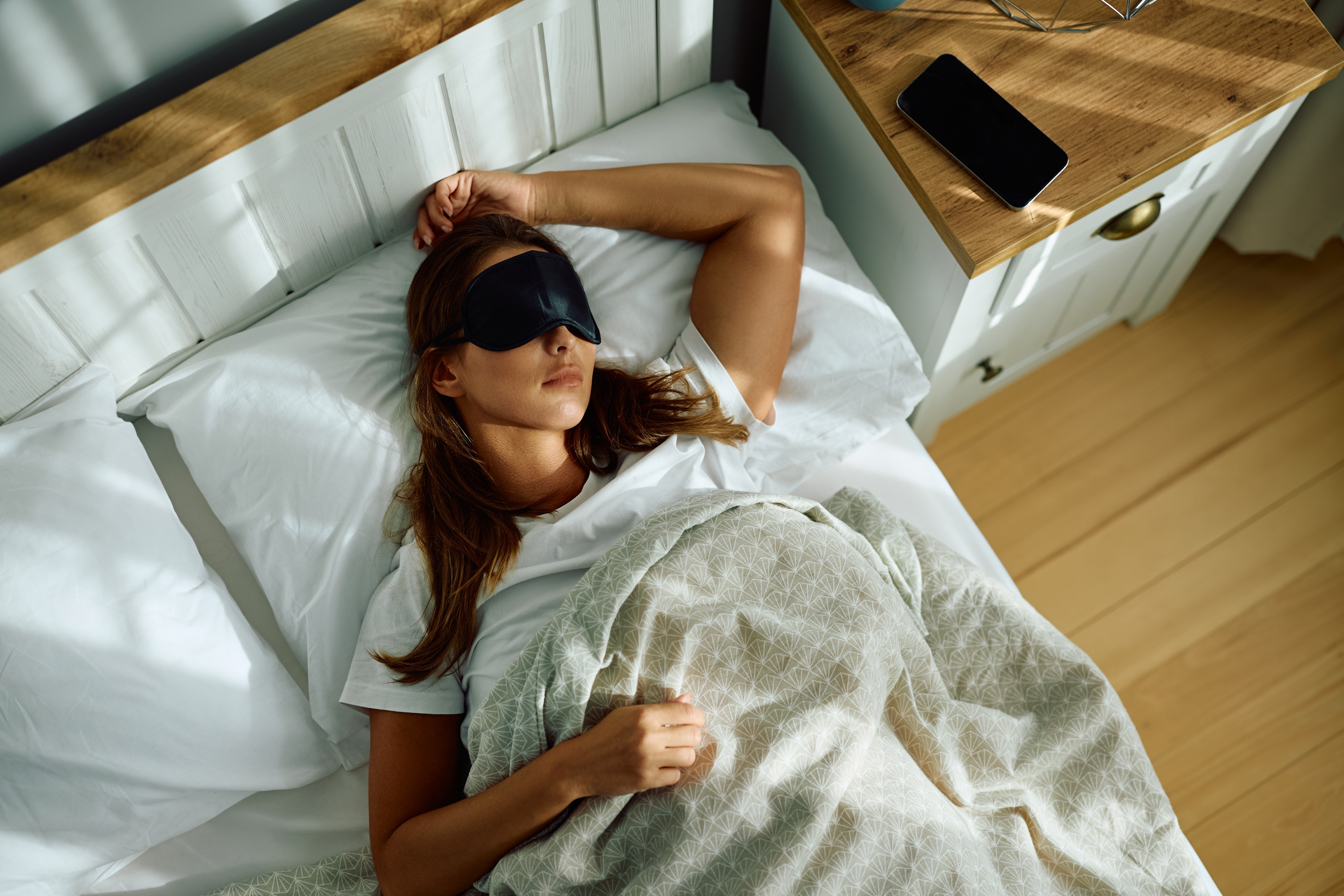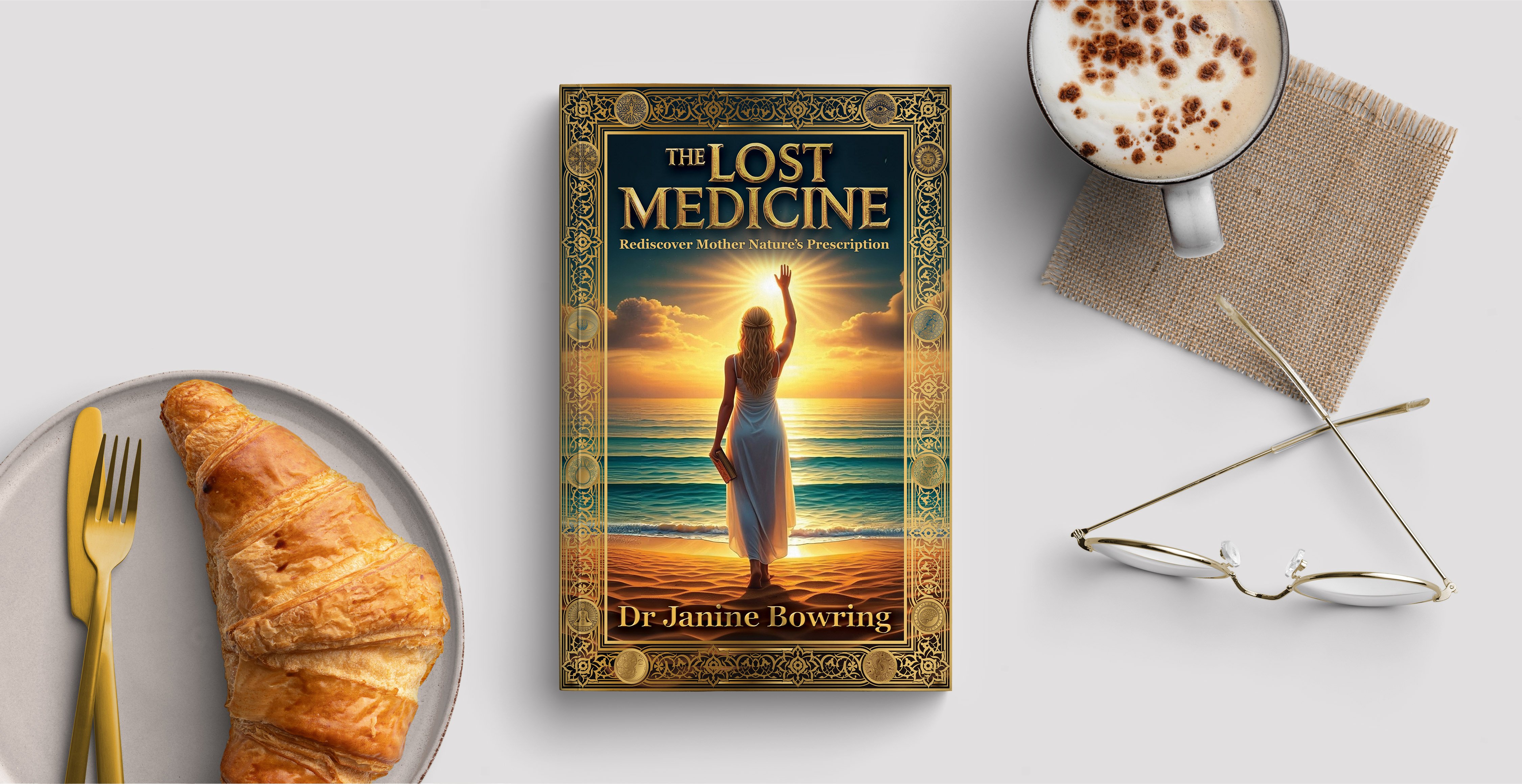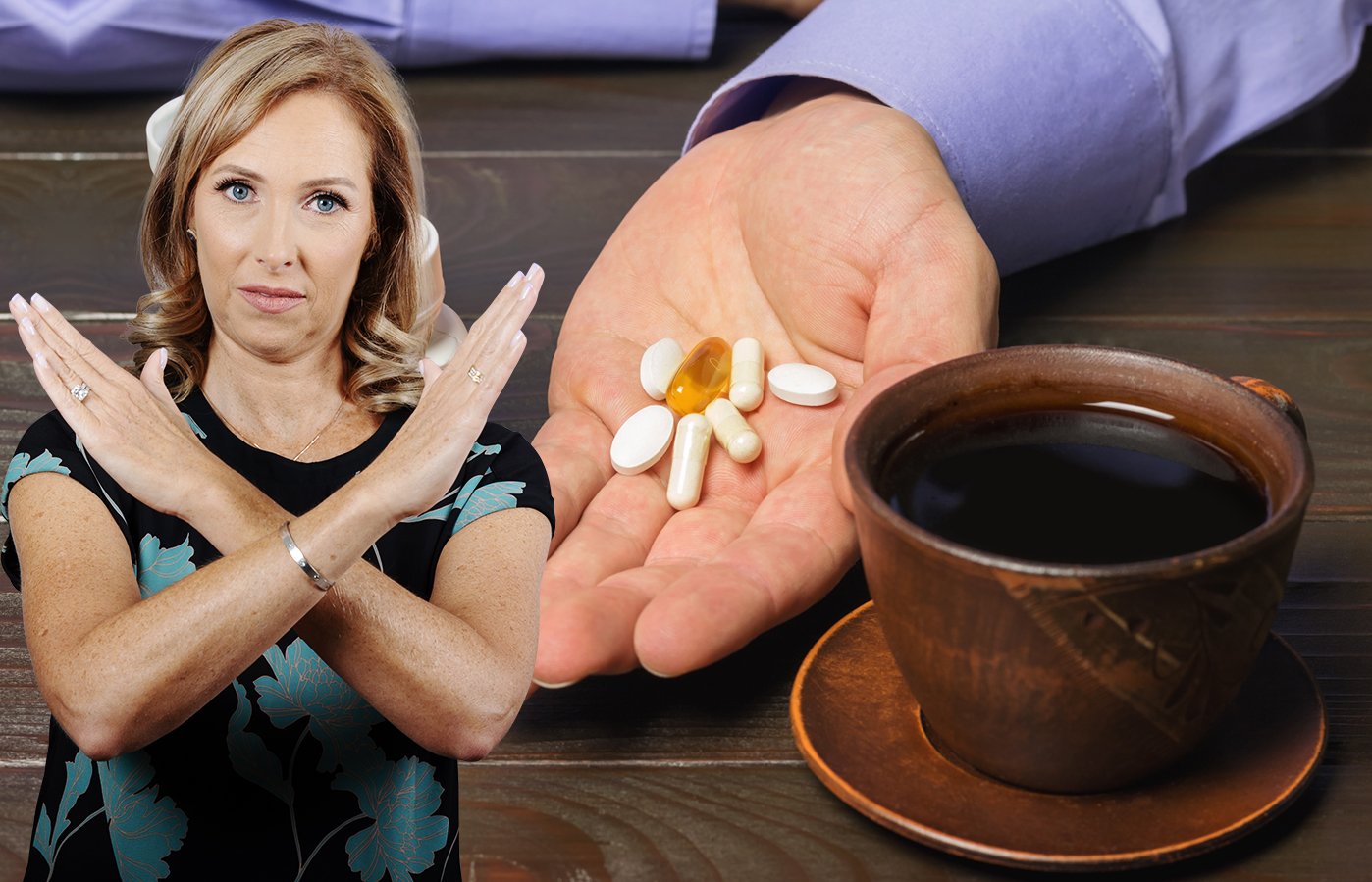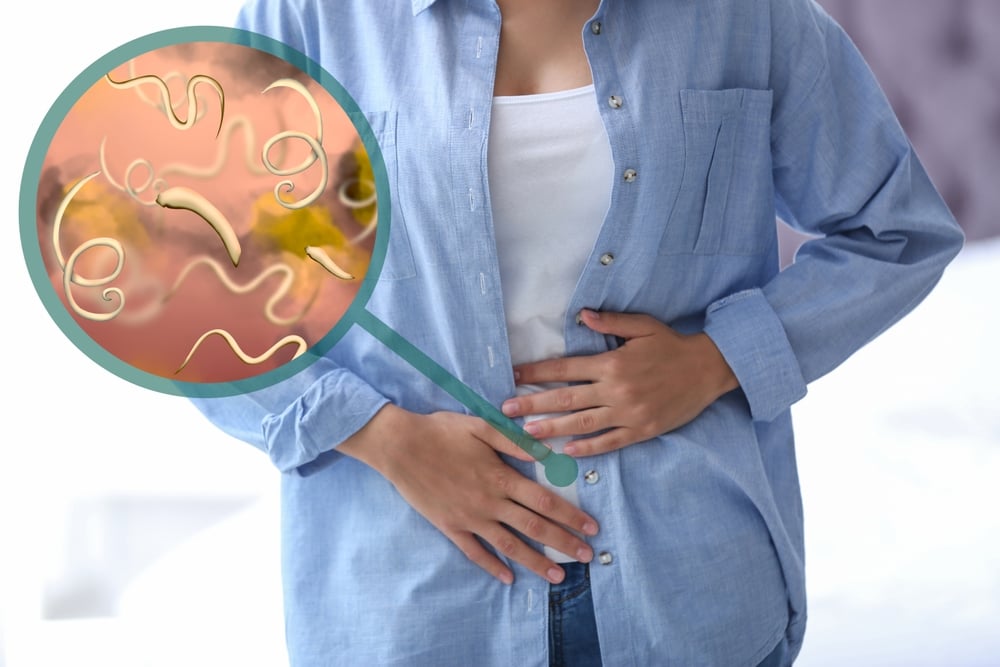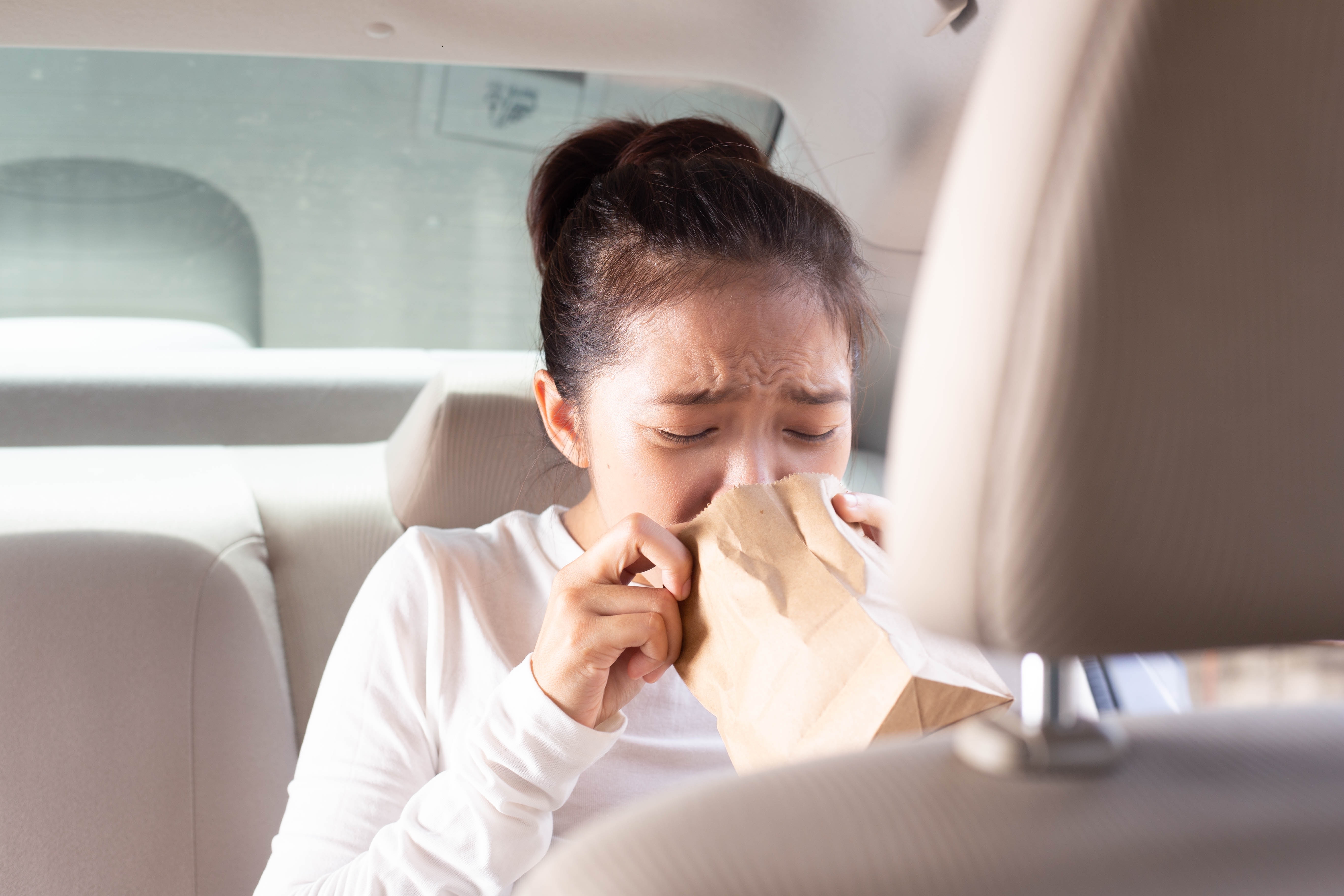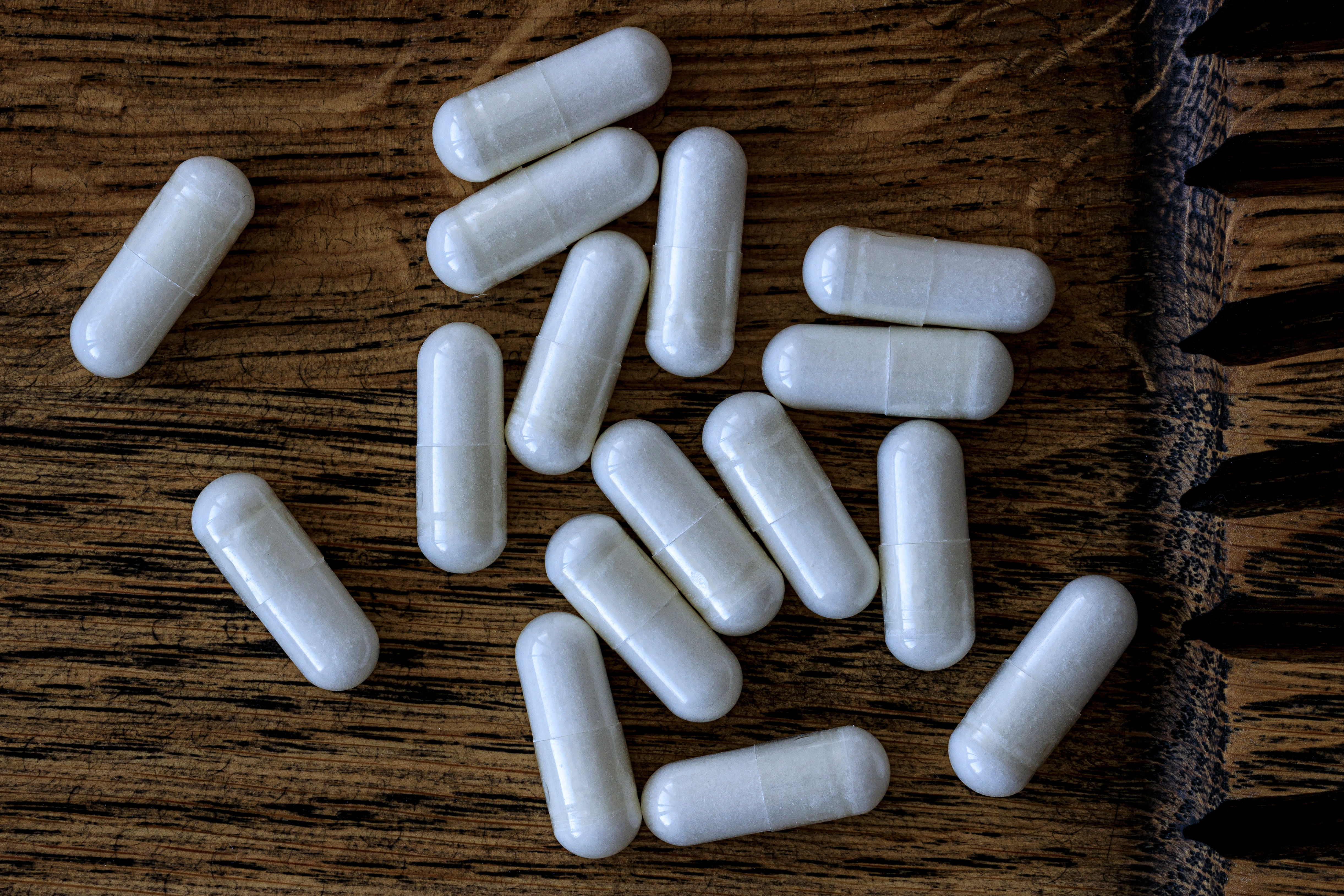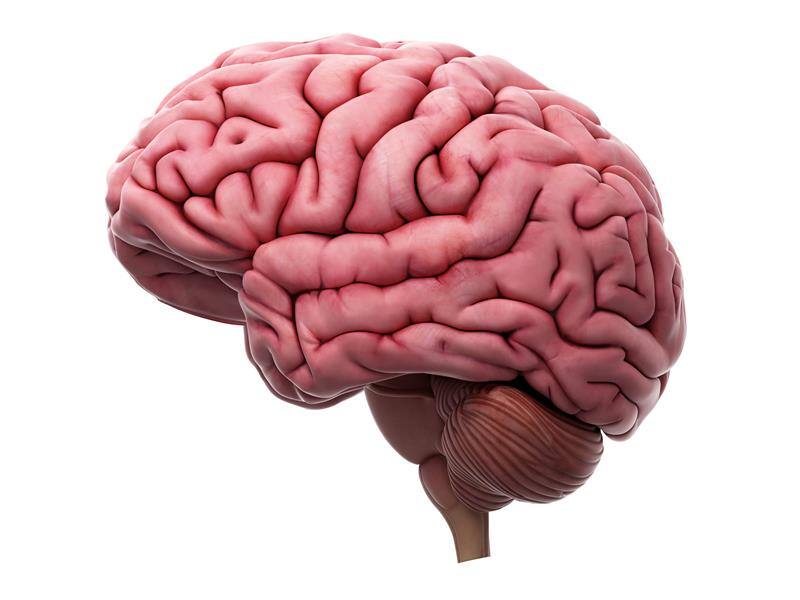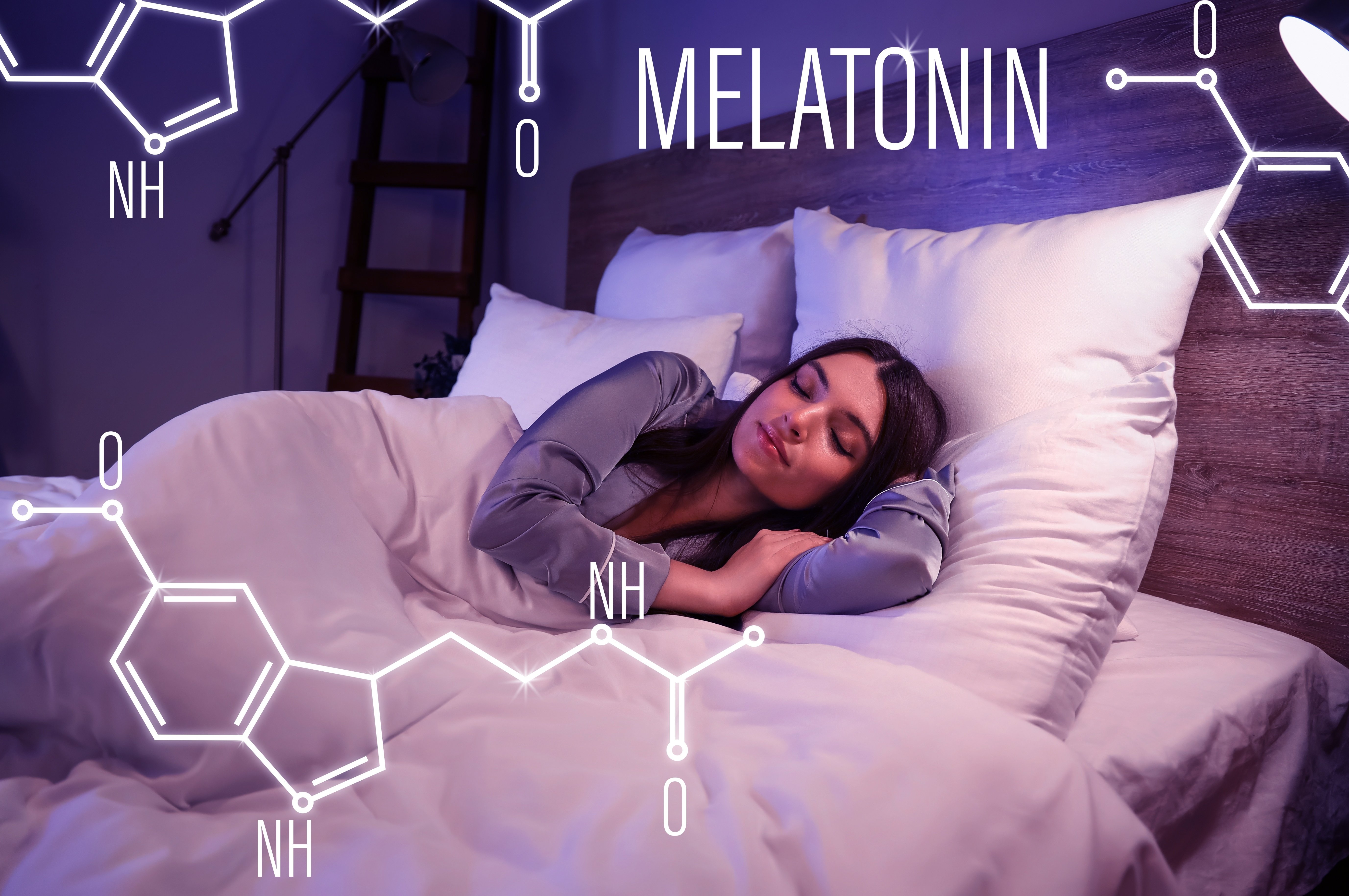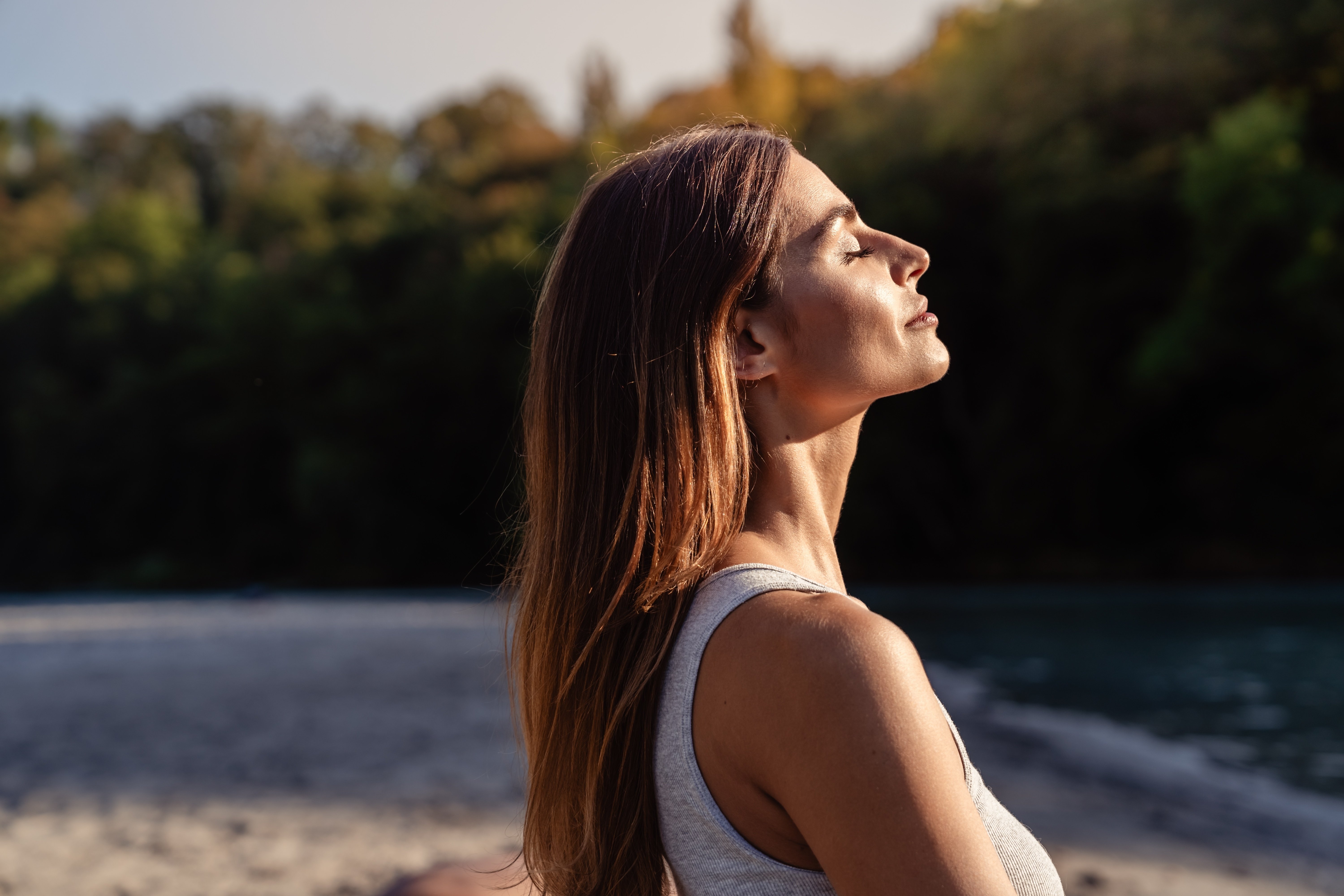Introduction
If you or someone you know is having trouble sleeping, this video is for you I've got nine tips for better sleep.
Tip #1: Morning Light in Eyes/Skin
To help regulate your sleep, try going outside or sitting by an open window without sunglasses, glasses, or contact lenses. Expose as much skin as possible to the early morning sunlight. This natural light exposure will help stimulate melatonin production later in the evening, promoting better sleep.
Tip #2: Keep Regular Sleep Schedule
A regular sleep schedule that aligns with the natural light and dark cycles of the day is essential. Ideally, when it gets dark at night, we create a dark environment and go to bed shortly after. In the morning, we wake up with the sunrise and natural light. This rhythm supports our circadian biology and the clock mechanisms in our brain and other organs, helping us stay on a regular schedule.
Tip #3: Block Blue Light at Night
Blocking blue light, especially at night, is crucial. Wearing blue light-blocking glasses becomes especially important if you're using screens, but it's not just about your eyes—blue light can affect your skin too. If you're using artificial lights after sunset, when it should be dark, make sure to cover your skin with clothing. This helps block blue light, which sends mixed signals to your brain and disrupts your circadian rhythms, making your body think it's still midday when it's actually nighttime.
Tip #4: Sleep Position
Elevating your head slightly which most of us do, sleeping on a pillow and on your side might be more beneficial for a good night's sleep.
Tip #5: Turn Off Lights
Turn off the lights after sunset. The only lights you should have on are special red lights, candlelight, or natural full-spectrum light, like firelight. Making these small adjustments can significantly improve your sleep.
Tip #6: Red Lights are Better
To sleep better, consider using red lights. Incandescent bulbs, the older, less energy-efficient ones, offer more full-spectrum light and contain less blue light compared to modern bulbs. If you can find these, they're a great option. Additionally, switching to red lights, especially after sunset, may be even better for improving your sleep.
Tip #7: Magnesium Morning & Coral Calcium & Vitamin K2 Bedtime
Optimize your mineral intake. Many people make the mistake of taking magnesium right before bed to help with sleep. While magnesium does relax the nervous system, I actually recommend taking it in the morning. Most of us are magnesium deficient, as we don’t get enough from our diet, and we need it to help combat electromagnetic fields in our environment. If you take calcium, make sure it’s a natural whole food source, like coral calcium, along with vitamin K2. These can be taken closer to bedtime to support a better night’s sleep.
Tip #8: Herbals
Consider using herbal remedies. One of my favorite natural sleep aids is a combination of Valerian root, Skullcap, Passionflower, and Lemon Balm. These herbs are known to help relax the nervous system. When taken appropriately—ideally about 30 minutes before bedtime—they can naturally calm your nervous system and support the proper secretion of your own melatonin. This is different from taking a melatonin supplement, which I do not recommend. I have more content discussing why melatonin supplements aren't ideal.
Tip #9: Cognitive Shuffling
Here's an interesting technique: pick a word, and for each letter in that word, think of other words that start with that letter. For example, with the word "Ball," start with "B" and think of all the words that begin with "B," then move on to "A" and do the same, and so on. This exercise mimics your brain's natural cognitive process as you're falling asleep. By engaging in this cognitive "shuffling," you'll likely find that you fall asleep much faster.
I have a video on cognitive shuffling so I want you to check it out for a sleep hack that works! I’ll see you there!
